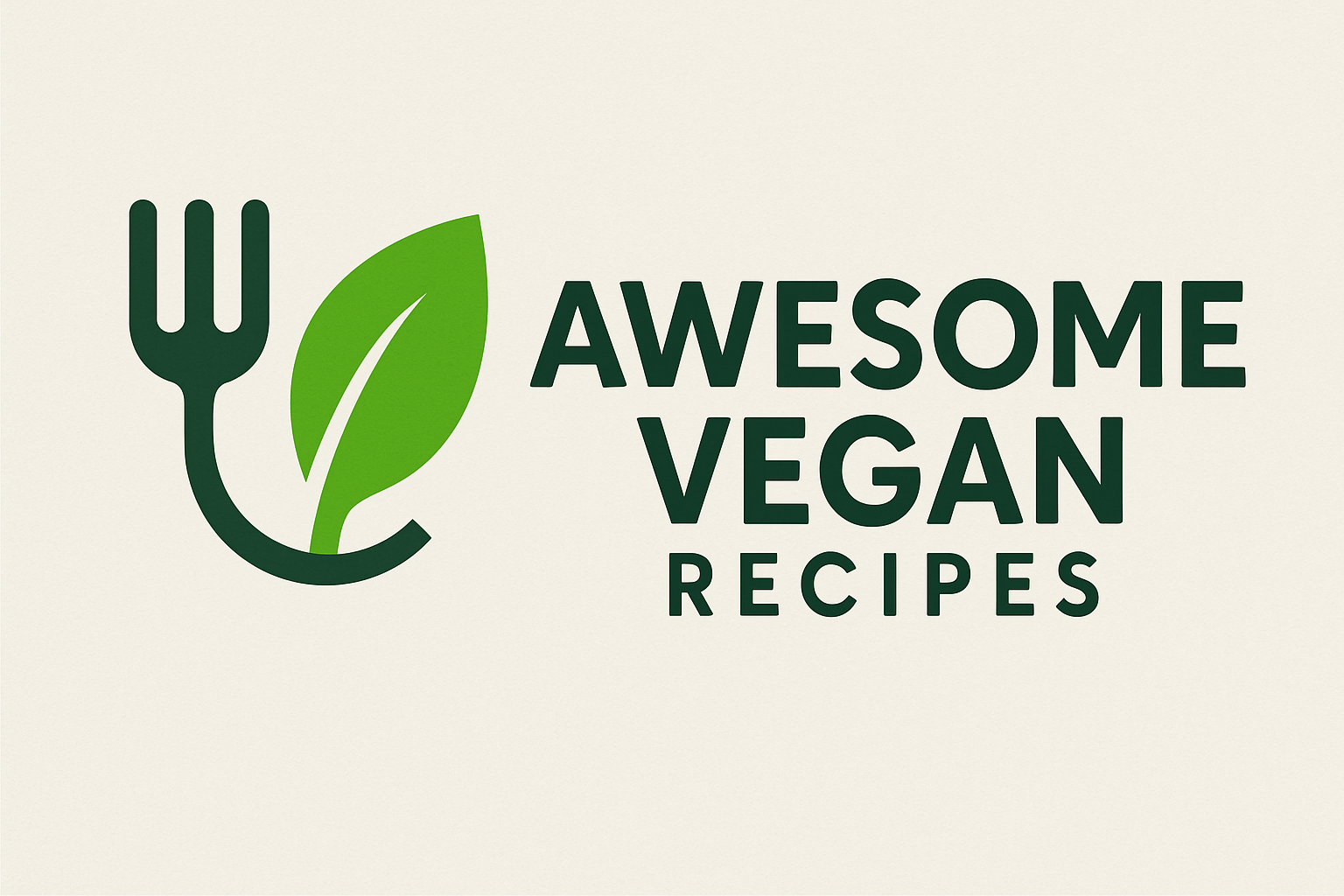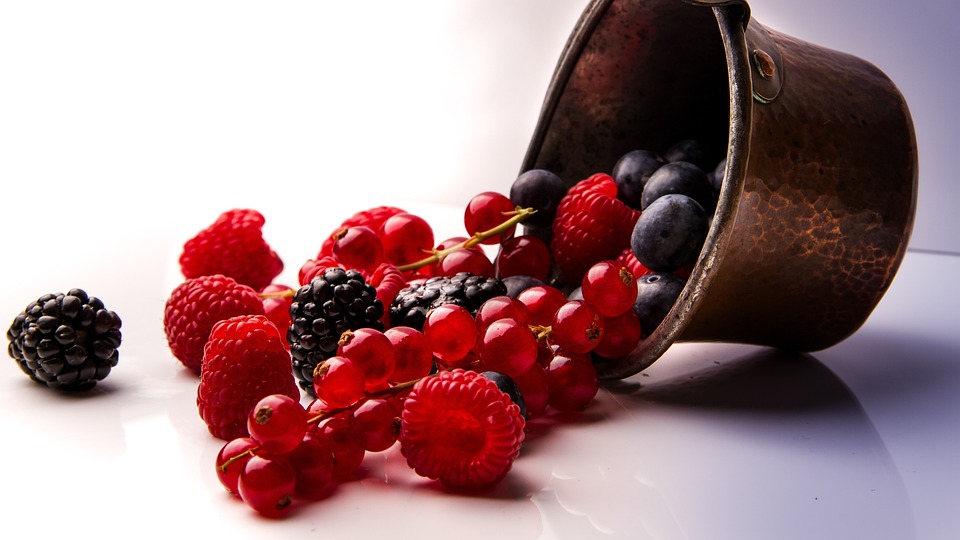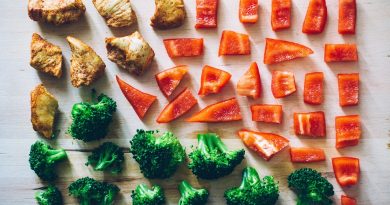Eating vegan: How to get enough protein for weight loss
Eating Vegan: How to Get Enough Protein for Weight Loss
Following a vegan diet can be a great way to improve your health, support animal welfare, and reduce your impact on the environment. However, one concern that many people have when considering a vegan lifestyle is whether they will be able to get enough protein, especially if they are looking to lose weight. The good news is that it is entirely possible to meet your protein needs on a vegan diet while still achieving your weight loss goals. In this article, we will explore some tips and strategies for ensuring that you are getting enough protein on a vegan diet for weight loss.
Understanding Protein Requirements
Protein is an essential nutrient that is vital for building and repairing tissues, including muscle tissue. It is also important for supporting a healthy metabolism and promoting feelings of fullness and satiety. While the recommended daily intake of protein can vary based on factors such as age, gender, and activity level, a general guideline is to aim for around 0.8 grams of protein per kilogram of body weight. For those looking to lose weight, however, it may be beneficial to aim for slightly higher protein intake to support muscle retention and promote fat loss.
Plant-Based Protein Sources
Contrary to popular belief, it is entirely possible to meet your protein needs on a vegan diet. There are plenty of plant-based sources of protein that can help you reach your daily requirements. Some of the best vegan protein sources include:
– Legumes: Beans, lentils, and chickpeas are excellent sources of protein and can be used in a wide variety of dishes such as soups, stews, salads, and dips.
– Tofu and tempeh: These soy-based products are versatile protein sources that can be used in stir-fries, sandwiches, and salads.
– Nuts and seeds: Almonds, walnuts, chia seeds, and flaxseeds are rich in protein and healthy fats. They can be added to smoothies, oatmeal, salads, and baked goods.
– Whole grains: Quinoa, brown rice, and oats are examples of whole grains that are high in protein and can be used as a base for meals such as Buddha bowls and grain salads.
– Vegetables: While not as high in protein as other plant-based foods, vegetables such as broccoli, spinach, and Brussels sprouts still contribute to your overall protein intake.
Planning Your Meals
To ensure that you are getting enough protein on a vegan diet for weight loss, it is important to plan your meals accordingly. Aim to include a source of protein in each meal and snack to help you feel satisfied and support your weight loss goals. Here are some tips for planning protein-rich vegan meals:
– Start your day with a protein-rich breakfast such as a smoothie with tofu or a bowl of oatmeal topped with nuts and seeds.
– Include a protein source in your lunch and dinner, such as a lentil and vegetable stir-fry, a salad with chickpeas, or a tofu and vegetable curry.
– Snack on protein-rich foods such as roasted chickpeas, nut butter with apple slices, or a plant-based protein bar.
– Make use of plant-based protein powders in smoothies or baked goods to boost your protein intake.
Supplements
While it is possible to meet your protein needs on a vegan diet through whole foods, some individuals may choose to supplement with vegan protein powders to ensure that they are meeting their daily requirements. There are plenty of plant-based protein powders available on the market, such as pea protein, rice protein, and hemp protein, that can be added to smoothies, oatmeal, or baked goods. It is essential to choose a high-quality protein powder that is free from artificial additives and sweeteners.
In conclusion, getting enough protein on a vegan diet for weight loss is entirely possible with careful planning and consideration of your nutritional needs. By incorporating a variety of plant-based protein sources into your meals, planning your meals ahead of time, and potentially supplementing with vegan protein powders, you can easily meet your daily protein requirements and achieve your weight loss goals on a vegan diet. Remember that it is essential to listen to your body and make adjustments as needed to ensure that you are feeling satisfied and energized while following a vegan lifestyle.






